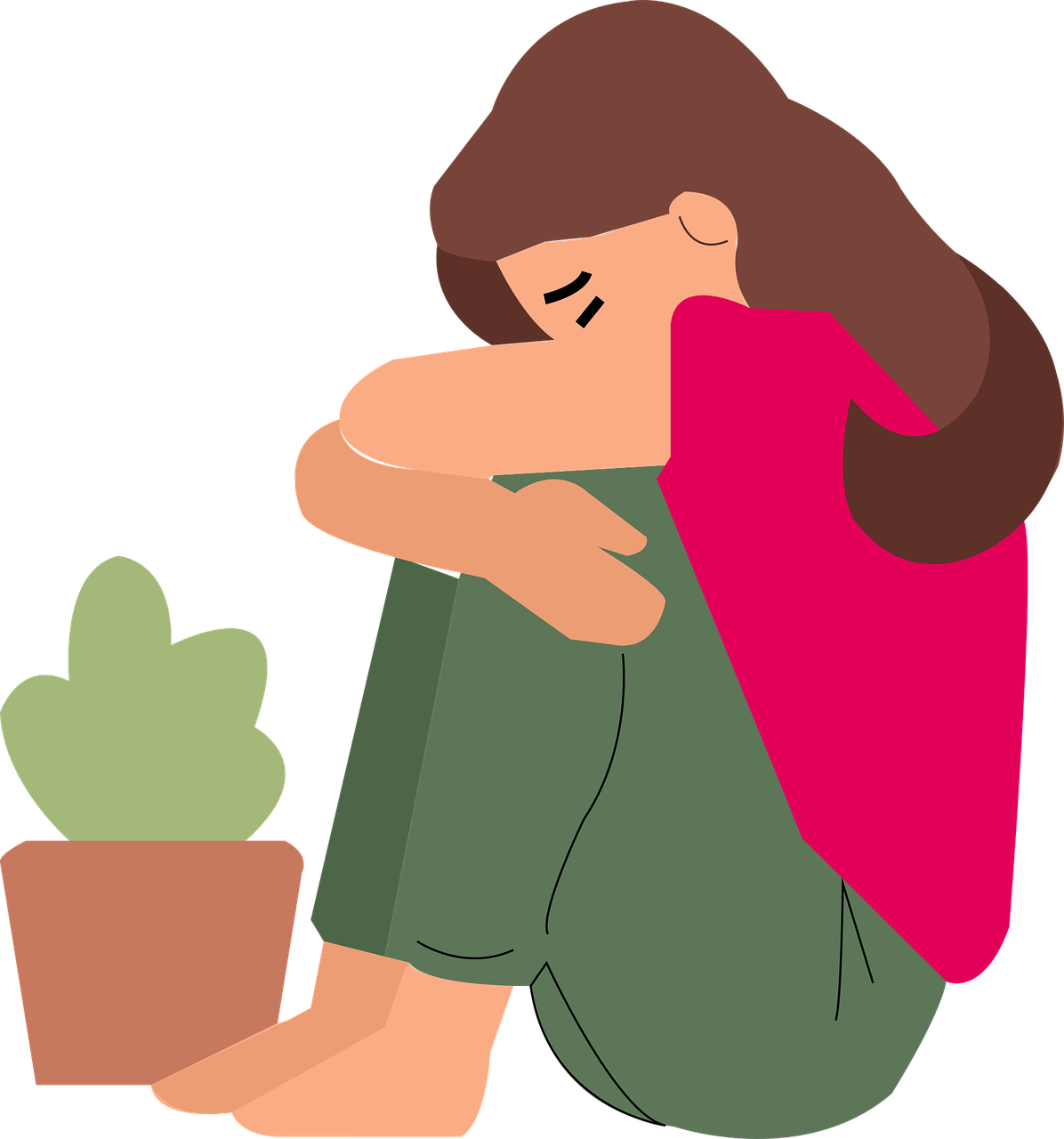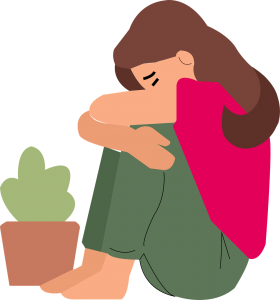With a Diagnosis at Last, Black Women with ADHD Start Healing
 Miché Aaron has always been a high achiever. The 29-year-old is in her third year of a planetary sciences doctoral program at Johns Hopkins University, where she researches minerals found on Mars. She’s a former NASA space grant scholar and hopes to become an astronaut one day.
Miché Aaron has always been a high achiever. The 29-year-old is in her third year of a planetary sciences doctoral program at Johns Hopkins University, where she researches minerals found on Mars. She’s a former NASA space grant scholar and hopes to become an astronaut one day.
But last year, Aaron was barely keeping it together — missing classes, late on assignments and struggling to explain that she understood the required material to pass her qualifying exams. Her academic adviser warned that if she didn’t get professional help she would flunk. Read more ›


 When I was nine, my teacher told my parents I was all over the place. I already had the energy for five dance classes a week, netball, French lessons, piano lessons, a book club and school band. However, she thought I still didn’t have enough channels for my “creativity” and suggested they enroll me in drama school as well, so they did. Did it help me focus? Of course not.
When I was nine, my teacher told my parents I was all over the place. I already had the energy for five dance classes a week, netball, French lessons, piano lessons, a book club and school band. However, she thought I still didn’t have enough channels for my “creativity” and suggested they enroll me in drama school as well, so they did. Did it help me focus? Of course not.
 Yoga and breathing exercises can improve attention and decrease hyperactivity in children with attention deficit hyperactivity disorder (ADHD). A team of psychologists at
Yoga and breathing exercises can improve attention and decrease hyperactivity in children with attention deficit hyperactivity disorder (ADHD). A team of psychologists at 
 As the nation’s leading expert on psychiatric disorders in children and the leading researcher on the effects of psychiatric drugs on kids, Dr. Glen Elliott says that doctors and even teachers are too quick to recommend medicating young minds rather than taking the necessary steps to find out if drugs are even necessary. Dr. Elliott’s book,
As the nation’s leading expert on psychiatric disorders in children and the leading researcher on the effects of psychiatric drugs on kids, Dr. Glen Elliott says that doctors and even teachers are too quick to recommend medicating young minds rather than taking the necessary steps to find out if drugs are even necessary. Dr. Elliott’s book, 
 Does your child have difficulty following directions, struggle with organization, or have trouble focusing on and completing schoolwork? The following checklist can help you determine whether your child should be assessed for a learning difference.
Does your child have difficulty following directions, struggle with organization, or have trouble focusing on and completing schoolwork? The following checklist can help you determine whether your child should be assessed for a learning difference. 
 In this Voices of Compassion episode, we sat down with Ross Loofbourrow, an adult with ADHD who’s learned to embrace his differences as strengths and tap into his hyper-focus in a positive way. Ross believes ADHD is a superpower: in this episode, he’ll not only explain why, but share tips that may just make you feel the same way.
In this Voices of Compassion episode, we sat down with Ross Loofbourrow, an adult with ADHD who’s learned to embrace his differences as strengths and tap into his hyper-focus in a positive way. Ross believes ADHD is a superpower: in this episode, he’ll not only explain why, but share tips that may just make you feel the same way. 
 When the external scaffolding of school, work, and social routines collapsed last March, two things happened: Parents gained a front-row seat to their kids’ attentional and educational struggles during remote school, and adults’ own coping mechanisms and systems broke down, revealing core problems with motivation, memory, and organization.
When the external scaffolding of school, work, and social routines collapsed last March, two things happened: Parents gained a front-row seat to their kids’ attentional and educational struggles during remote school, and adults’ own coping mechanisms and systems broke down, revealing core problems with motivation, memory, and organization. 
 A sensory path is a series of guided movements for kids to follow, shown by markings on the ground or walls. As students follow the path and complete the movements, they work off excess energy and develop their gross motor skills. The various movements on a path are often designed to engage different parts of the body and brain, from frog hops to spins and wall pushes.
A sensory path is a series of guided movements for kids to follow, shown by markings on the ground or walls. As students follow the path and complete the movements, they work off excess energy and develop their gross motor skills. The various movements on a path are often designed to engage different parts of the body and brain, from frog hops to spins and wall pushes.



